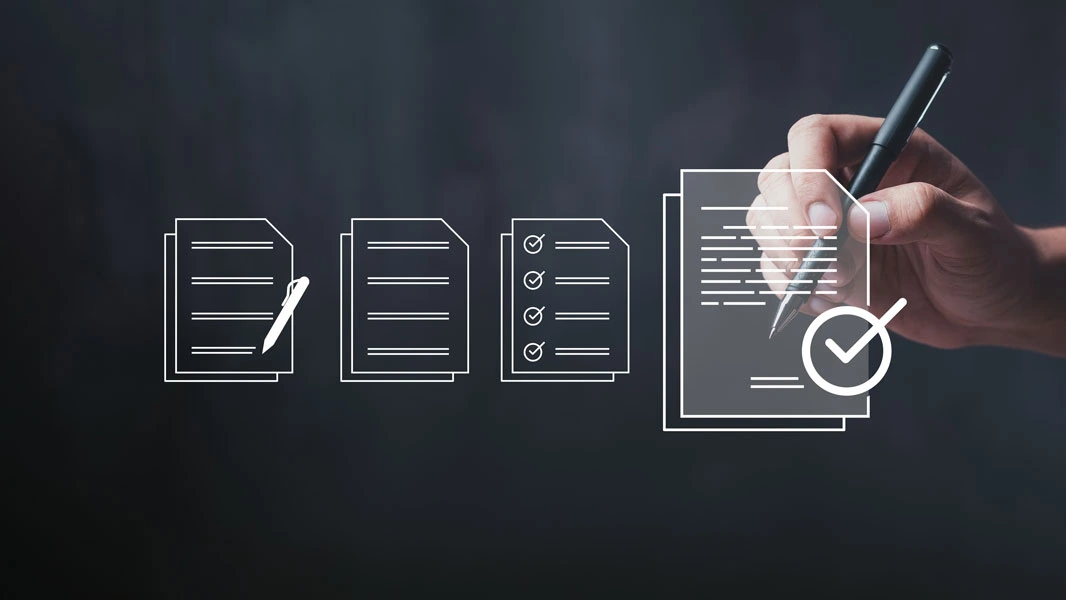What is a PDP or Partner Dematerialisation Platform?
A PDP, or Partner Dematerialisation Platform, is a key player in the future reform of electronic invoicing in France. It is a private platform, registered by the tax authorities (DGFiP), whose central role will be to manage all your electronic invoice flows.
In practical terms, from September 2026, all businesses will have to use a PDP (or the Public Billing Portal for routing, but without a direct interface) to issue and receive their invoices. The PDP will ensure that your invoices are compliant (format, data), that they are transmitted securely between companies, and thatthe mandatory data is sent to the tax authorities (e-reporting and payment information).
Beyond this obligation, a PDP offers high added-value services: automation, integration with your management tools, monitoring dashboards, and support to simplify your transition to 100% electronic invoicing. It’s your partner of choice for smooth, compliant invoicing.
What is the purpose of a PDP?
The main purpose of a Partner Dematerialisation Platform (PDP) is twofold: to ensure your company’s regulatory compliance with the e-invoicing reform and to optimise your invoicing processes.
1. Regulatory Compliance and Security: From September 2026, the use of a PDP will become mandatory for all companies wishing to issue and receive electronic invoices. The PDP acts as a trusted third party between your company and the tax authorities. It guarantees that your invoices are issued in the legal electronic formats (UBL, CII, Factur-X), authenticated, and routed securely to the right destination. It also automatically transmits transaction data (e-reporting) and payment statuses (e-payment) to the Public Billing Portal (PPF), guaranteeing your tax compliance.
2. Optimising internal processes: Beyond the regulatory aspect, PDP is a powerful efficiency lever for your day-to-day management:
- Automation: This considerably reduces the manual tasks involved in entering, sending and receiving invoices, freeing up time for your teams.
- Reduced errors: automatic checks and standardised formats minimise the risk of input or processing errors.
- Save time and money: less paper, printing and postage, and faster processing of incoming and outgoing invoices.
- Better visibility: monitoring dashboards allow you to consult the status of your invoices in real time (issued, received, paid, in dispute), giving you better traceability and greater control over your cash flow.
- Easy integration: Most PDPs can be integrated with your management software (ERP, accounting), ensuring a smooth, consistent data processing chain.
In short, a PDP is much more than just a technical gateway: it’s a strategic partner that simplifies your transition to electronic invoicing, strengthens the security of your exchanges and contributes to the overall efficiency of your financial management.




